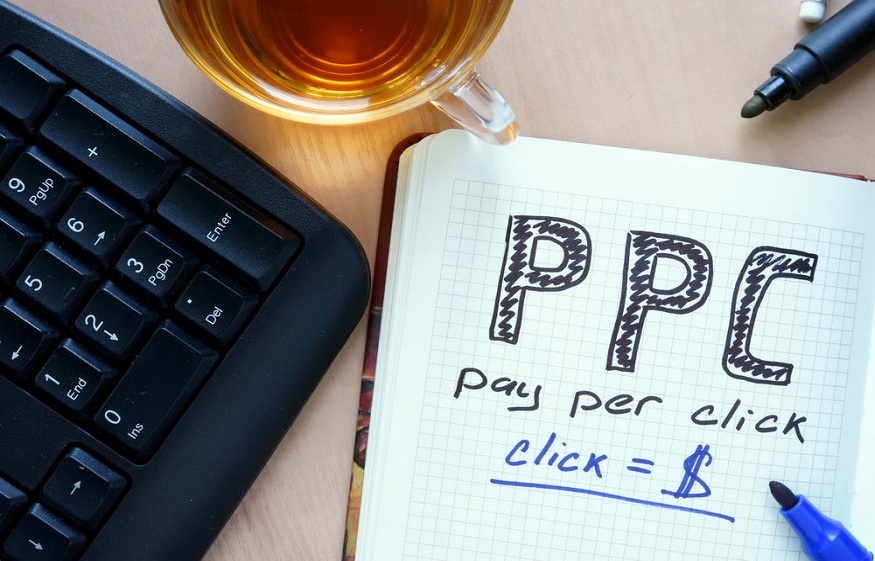
PPC Isn’t Right for Every Business – What About Yours?
Over the 20+ years since the public internet became a thing, marketers have been looking for ways to promote their clients in the digital arena. One of the first iterations of digital marketing was search engine optimization (SEO). It was soon followed by pay-per-click (PPC) advertising. These days, a general rule states that SEO is right for every business. But how about PPC?
SEO works for every business that’s already online because it is based on organic searches and results. The fact of the matter is that most website traffic originating from a search engine is organic traffic – which is to say it comes from non-paid search engine results. PPC relies on paid traffic rather than organic traffic.
Free vs. Paid Makes a Difference
It goes without saying that free vs. paid makes a difference in terms of the bottom line. Any company can handle its own SEO with competent staff who know how to do it. SEO can be done without spending above and beyond the labor involved. On the other hand, PPC costs extra. Not only are you paying an SEO staff to do the work, but you are also paying for the ads themselves.
One of the more attractive aspects of PPC is that you only pay for ads that are actually accomplishing something. It is in the name. You pay for every click. Every one of them, at least in theory, means a potential customer going to your website. The more customer visits you have, the more sales you should generate.
Click Fraud Is a Reality
One thing to be aware of is the reality of click fraud. Also known as ad fraud, pay-per-click fraud, and Google ad fraud, this particular issue has a huge impact on digital advertisers. Tens of billions of dollars are lost every year to click fraud. You could end up spending a ton of money and never actually getting access to real customers looking to buy from you.
There are ways to fight click fraud. For starters, a click fraud detection tool like Fraud Blocker constantly monitors ads and websites, looking for red flags that might indicate fraudulent activity. While Fraud Blocker does what it does in the background, experienced SEO personnel can review analytics data for additional signals.
Preventing click fraud requires diligence. It is not something that can be addressed once and then forgotten about. If companies are willing to do that, there is no reason to dismiss PPC advertising without at least looking into its viability.
How to Know If It’s Right
Now we are back to the original question of how to know whether PPC advertising is right for your company. There isn’t a specific science to figuring in out. However, there are five factors that, if true for your business, indicate it is a good candidate for PPC:
- Your marketing targets high-value customers
- Your target audience is extremely specific (e.g., you are local only)
- Your best keywords are low competition but high volume
- You need a scalable means of paid advertising
- Your primary digital marketing strategy involves retargeting.
if you would say that all five things apply to your business and its marketing strategies, PPC is likely a good fit. It might be a good fit even if three or four are true. Regardless, any decision to get into PPC should not be approached from a mindset of exclusivity. PC advertising is like anything else. It is just one among many digital marketing strategies. Do not put all your marketing eggs into the PPC basket and expect success. It doesn’t work that way.


